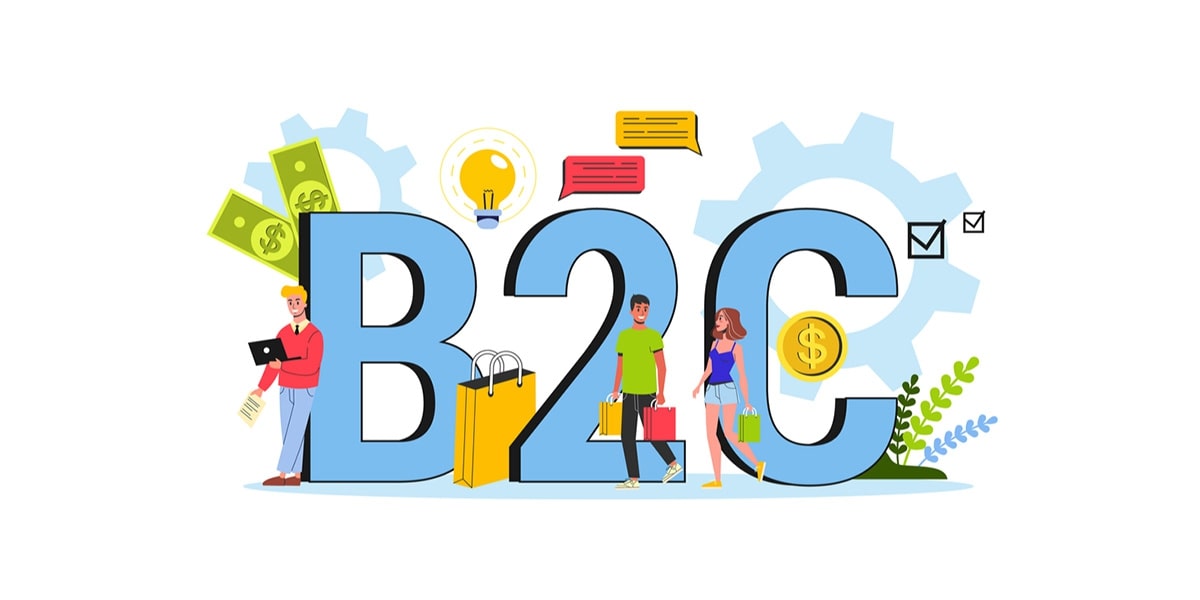A Standard Service Agreement (B2C), tailored for Business-to-Consumer transactions, is a vital contract that governs the terms and conditions between a service provider and an individual consumer in England and Wales. This agreement sets out the details of the services to be provided, the obligations of both parties, and the legal framework for resolving disputes. Here’s a comprehensive guide to understanding and drafting a Standard Service Agreement (B2C) in compliance with UK laws.
Understanding Standard Service Agreements (B2C)
Definition and Purpose
A Standard Service Agreement (B2C) is a legally binding contract between a service provider (such as a business or professional) and a consumer (an individual customer) for the provision of services. This agreement outlines the terms, conditions, and responsibilities of both parties regarding the services to be delivered.

Key Components
- Parties Involved: Identifies the service provider and the consumer, including their contact details and any relevant identification numbers.
- Scope of Services: Defines the specific services to be provided by the service provider, including any limitations or exclusions.
- Term: Specifies the duration of the agreement, including the start and end dates of the service period.
- Fees and Payment Terms: Details the cost of the services, the payment schedule, accepted payment methods, and any penalties for late payments.
- Performance Standards: Sets out the quality standards, timelines, and deliverables expected from the service provider.
- Consumer Rights and Responsibilities: Outlines the consumer’s rights to cancel or amend the services, as well as any obligations to provide information or cooperate with the service provider.
- Liability and Indemnity: Allocates responsibility for any damages, losses, or liabilities arising from the services, and outlines indemnification provisions.
- Termination: Specifies the circumstances under which either party can terminate the agreement, including notice periods and termination fees.
- Dispute Resolution: Sets out the procedures for resolving disputes between the parties, such as mediation, arbitration, or litigation.
- Governing Law: Identifies the laws of England and Wales as governing the agreement and any disputes arising from it.
Drafting a Standard Service Agreement (B2C)
Legal Considerations
- Clarity and Plain Language: Use clear, simple language to ensure that the terms of the agreement are easily understood by the consumer.
- Compliance: Ensure compliance with relevant consumer protection laws, such as the Consumer Rights Act 2015 and the Consumer Contracts Regulations 2013.
- Fairness: Ensure that the terms of the agreement are fair and reasonable to both parties and that any terms that may disadvantage the consumer are clearly explained and justified.
Expert Assistance
- Legal Advice: Seek guidance from a qualified solicitor or legal advisor experienced in contract law and consumer rights.
- Consumer Rights Organisations: Consult consumer rights organisations such as Citizens Advice or Trading Standards for guidance on consumer protection laws and best practices.
Conclusion
A well-drafted Standard Service Agreement (B2C) is essential for establishing clear expectations and protecting the rights of both the service provider and the consumer in England and Wales. By addressing key components and legal considerations, service providers can enter into agreements with consumers confidently, knowing that their rights and obligations are protected under UK law.
What is a Standard Service Agreement (B2C)?
A Standard Service Agreement (B2C) is a legal contract between a service provider and an individual consumer for the provision of services. It outlines the terms, conditions, and obligations of both parties involved in the transaction.
What types of services are typically covered by a Standard Service Agreement (B2C)?
Standard Service Agreements (B2C) can cover a wide range of services, including but not limited to home maintenance, professional services (such as legal or accounting services), fitness memberships, beauty treatments, and educational courses.
What information should be included in a Standard Service Agreement (B2C)?
Key information includes the identities of both parties, a description of the services to be provided, the duration of the agreement, payment terms, cancellation policies, liability clauses, dispute resolution procedures, and the governing law.
Are there specific consumer rights protected under a Standard Service Agreement (B2C)?
Yes, consumers have certain rights protected under consumer protection laws, such as the right to cancel within a specified cooling-off period and the right to expect services to be provided with reasonable care and skill.
Can a consumer amend or cancel services outlined in a Standard Service Agreement (B2C)?
Consumers may have the right to amend or cancel services, depending on the terms of the agreement and applicable consumer protection laws. However, there may be consequences, such as cancellation fees, depending on the circumstances.
What happens if there is a dispute between the service provider and the consumer?
Dispute resolution procedures outlined in the agreement typically include negotiation, mediation, arbitration, or litigation. The specific procedure depends on the terms of the agreement and the severity of the dispute.
How long does a Standard Service Agreement (B2C) typically last?
The duration of a Standard Service Agreement (B2C) varies depending on the nature of the services provided. Some agreements may be for a one-time service, while others may be ongoing with renewable terms.
Are there any penalties for breaching a Standard Service Agreement (B2C)?
Penalties for breaching the agreement may include termination of services, financial penalties, or legal action, depending on the severity of the breach and the terms outlined in the agreement.
Can a Standard Service Agreement (B2C) be amended or renegotiated after it has been signed?
Amendments or renegotiations to the agreement may be possible if both parties agree to the changes. However, any amendments should be documented in writing and signed by both parties to be legally binding.
Is it advisable to seek legal advice before signing a Standard Service Agreement (B2C)?
Yes, it is advisable to seek legal advice to ensure that the agreement is fair, reasonable, and legally enforceable. A legal professional can review the terms of the agreement and provide guidance on any potential risks or liabilities.
- Data Sharing Agreement (UK) - July 2, 2024
- Data Subject Rights Letter – Receipt of Fee - June 27, 2024
- Data Subject Rights Guidance Notes - June 26, 2024









